scikit-learn Cookbook. Over 80 recipes for machine learning in Python with scikit-learn - Second Edition Julian Avila, Trent Hauck
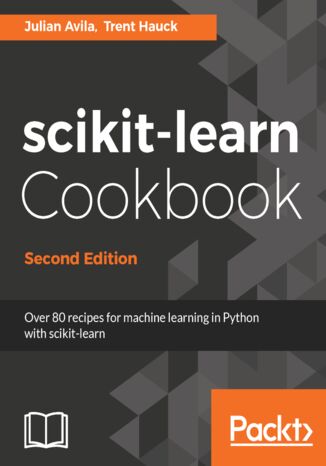

- Autorzy:
- Julian Avila, Trent Hauck
- Wydawnictwo:
- Packt Publishing
- Ocena:
- Stron:
- 374
- Dostępne formaty:
-
PDFePubMobi
Opis
książki
:
scikit-learn Cookbook. Over 80 recipes for machine learning in Python with scikit-learn - Second Edition
The second edition begins with taking you through recipes on evaluating the statistical properties of data and generates synthetic data for machine learning modelling. As you progress through the chapters, you will comes across recipes that will teach you to implement techniques like data pre-processing, linear regression, logistic regression, K-NN, Naïve Bayes, classification, decision trees, Ensembles and much more. Furthermore, you’ll learn to optimize your models with multi-class classification, cross validation, model evaluation and dive deeper in to implementing deep learning with scikit-learn. Along with covering the enhanced features on model section, API and new features like classifiers, regressors and estimators the book also contains recipes on evaluating and fine-tuning the performance of your model.
By the end of this book, you will have explored plethora of features offered by scikit-learn for Python to solve any machine learning problem you come across.
Wybrane bestsellery
Packt Publishing - inne książki
Dzięki opcji "Druk na żądanie" do sprzedaży wracają tytuły Grupy Helion, które cieszyły sie dużym zainteresowaniem, a których nakład został wyprzedany.
Dla naszych Czytelników wydrukowaliśmy dodatkową pulę egzemplarzy w technice druku cyfrowego.
Co powinieneś wiedzieć o usłudze "Druk na żądanie":
- usługa obejmuje tylko widoczną poniżej listę tytułów, którą na bieżąco aktualizujemy;
- cena książki może być wyższa od początkowej ceny detalicznej, co jest spowodowane kosztami druku cyfrowego (wyższymi niż koszty tradycyjnego druku offsetowego). Obowiązująca cena jest zawsze podawana na stronie WWW książki;
- zawartość książki wraz z dodatkami (płyta CD, DVD) odpowiada jej pierwotnemu wydaniu i jest w pełni komplementarna;
- usługa nie obejmuje książek w kolorze.
Masz pytanie o konkretny tytuł? Napisz do nas: sklep@ebookpoint.pl
Książka drukowana


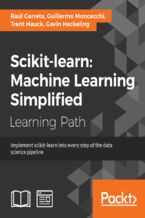



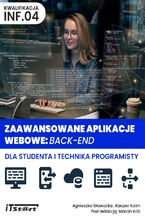
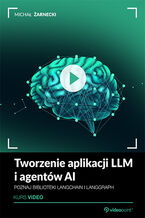
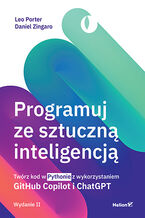



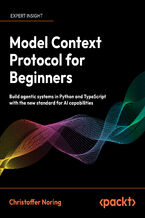







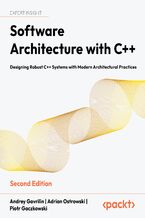
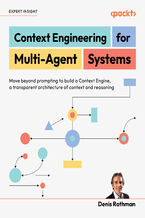

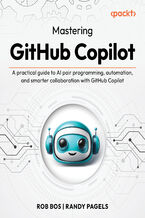
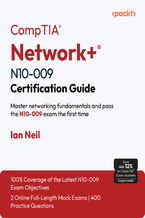
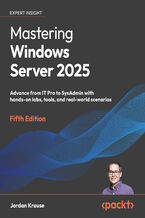
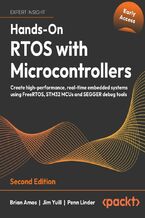
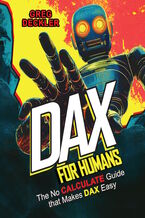
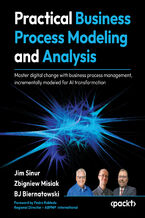
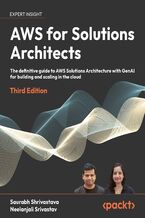
Oceny i opinie klientów: scikit-learn Cookbook. Over 80 recipes for machine learning in Python with scikit-learn - Second Edition Julian Avila, Trent Hauck
(0)